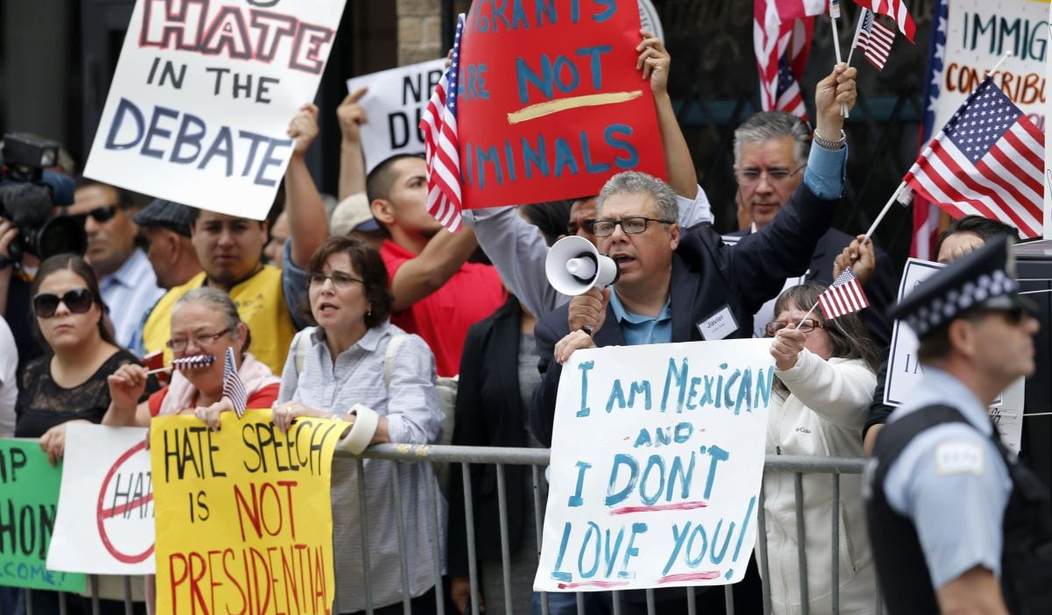The one downside of freedom of speech is that it allows some pretty despicable people to say pretty much whatever they want, no matter what. It allows the most horrible individuals to write or say things that make you wonder if people should be allowed to say such things. Horrible, vile things that baffle the mind and go far beyond the bounds of decency.
It’s enough that some people are saying that we simply shouldn’t allow it.
I understand the sentiment. I really do. I find nothing about neo-Nazi rhetoric to be anything other than distasteful at best. So many adherents of that warped ideology spew forth so much hatred that yes, I understand why people would want it silenced.
Yet if you silence that, what’s to stop someone from applying that same thinking to other things?
If we decide to limit “hate speech,” then who decides what is hate speech? Is it merely racist rhetoric spouted by Hitler acolytes, or does it go beyond that line? If so, when does it stop?
As we’ve seen time and time again recently, far too many people think that criticism is the same as racism. Rep. Sheila Jackson Lee (R-Texas), for example, didn’t hesitate to play the race card when a woman bumped from a United Airlines flight blamed her for the loss of her first class seat. “Since this was not any fault of mine, the way the individual continued to act appeared to be, upon reflection, because I was an African American woman, seemingly an easy target along with the African American flight attendant who was very, very nice,” Jackson argued, playing up the race difference as if it mattered.
This is hardly the first time someone has claimed racial motivations for criticism. Barack Obama and company were famous for it through eight years of his presidency, for example.
Would such restrictions block criticism if a claim of “hate speech” were made? Don’t tell us no unless you can definitively state that it would never be applied in such a manner—because we already know it will be. It already has, actually.
Further, let’s remember who makes the rules: Whoever is in power at that moment. For the left, that’s President Donald Trump. Do they want this power in his hands? I don’t know about you, but I don’t want it in anyone’s hands, period.
Besides, so-called hate speech can be beaten far more effectively. When you “silence” such rhetoric, you don’t really end it. You push it underground. You allow it to fester in places where few hear it and no one will argue against it. That allows it to grow like a virus, to worm its way throughout the nation, always just under the surface, where many people never know it’s there.
As things stand now, it’s out there. We can all see it, find it, and argue against it. We can combat it out in the open where everyone can see for themselves. They can see how pathetic the hateful ideology is and dismiss it because of reason and facts.
You can’t do that if it stays in the dark.
Push it underground, and you have little you can do to combat it. Maybe it’s just me, but I want that front and center so I can point, laugh, and discredit.
As it should be.
The First Amendment is about ideas, and the reason all ideas should be protected is because the good ones will eventually rise to the top and stay there. Plain and simple.









Join the conversation as a VIP Member